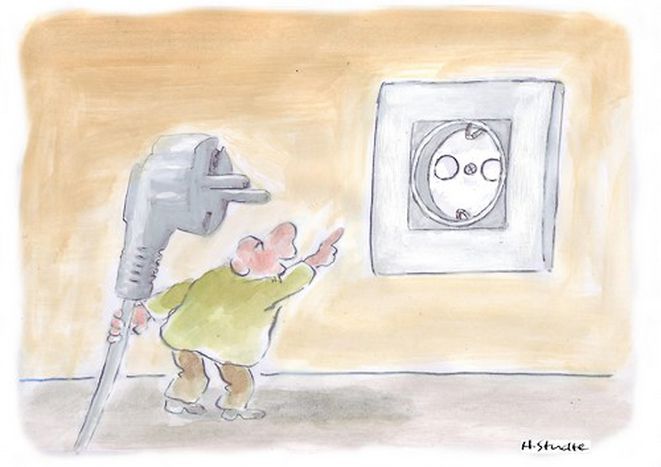
Hooking people up since 1483
Published on
Translation by:
Nabeelah ShabbirIt’s March, spring is coming and love is in the air. In an etymological sense, the Germans would hire a mechanic to verkuppeln or ‘marry someone off’, as he operates the ‘Kupplung’ or ’coupling device’ to join up two cars. The German derivation Kuppelei however could get you jailed; in English it means ‘procuration’, work generally done to set up a prostitute by her ‘procurer’ - or pimp. The French ‘daters’ understand the German mechanical-romantic connotation well. Brancher quelqu’un avec quelqu’un means to ‘plug someone in with someone’ to really get that electricity flowing, though it is a phrase which can also be used to arrange a meeting between or 'connect' two people.
In Poland, a person who would match two people was a swatka, closely linked to the Russian word for ‘marriage’, swadba, and every village had this kind of person to arrange the local marriages. In the Catalan regions of Spain, Cupid is called alcahuete, with the roots of the word going back to when the Moors ruled the country, leaving behind the Arabic word al-qawwad (‘middle man’). The origin spread as far as Portugal (alcaoite). But in the Languedoc region in the south of France in the 13th and 14th centuries, the Arab-origin word arcabot (‘libertine’) had a more negative connotation of being a ‘pimp’.
Meanwhile in England, we’ve been hooking people up since 1483. The word bawd, meaning someone who brought you a prostitute. It is traced back to English writer and publisher William Caxton's Parvus Cato Magnus Cato ('Nighe his house dwellyed a maquerel or bawd'). Today, it’s the matchmaker who sets up the romantic game of matchmaking.
Listen to the phrases here:
German: 'verkuppeln'
French: 'brancher quelqu’un avec quelqu’un'
Spanish:'alcahuete'
English:'matchmaking'
Translated from Verkuppeln



